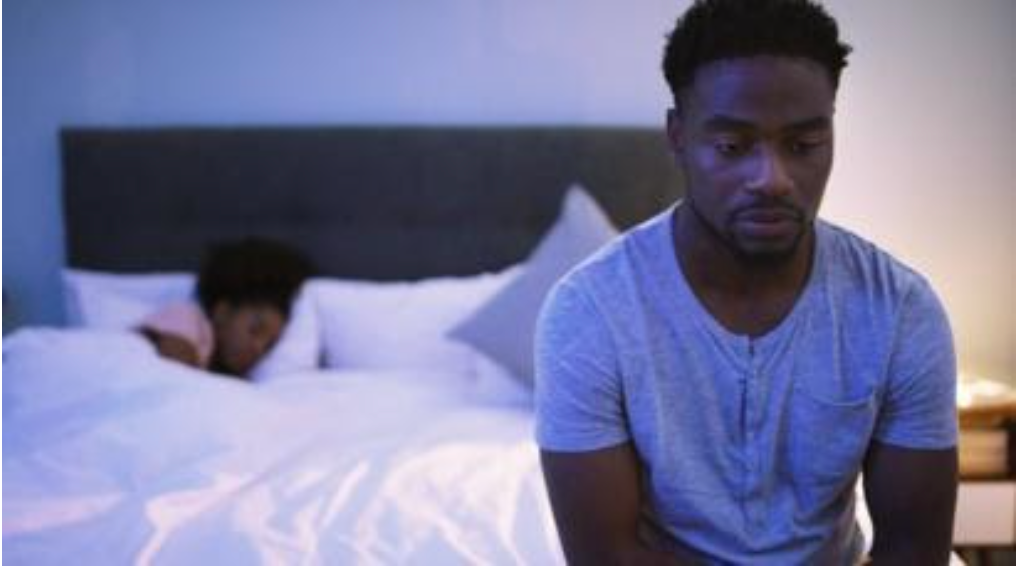For the past couple of months, many people are noticing that they can’t fall asleep easily and feel tired all day. Well, there is science behind it.
One would claim that during isolated times like these, most people should have improved their mental, physical, and emotional health because there is an abundance of “self-care” time. But according to the article The Pandemic Has Disrupted Our Sleep in Unexpected Ways, Research Reveals, “A survey of 435 adults in Austria, Germany and Switzerland suggests that on the whole, people are sleeping about 15 minutes longer each night, but, on average, people report their sleep quality is getting worse.” The study was conducted over six weeks, during the time period when the countries that were surveyed enforced some of the strictest pandemic measures. Scientists believe that “the self-perceived burden, which substantially increased during this unprecedented COVID-19 lockdown, may have outweighed the otherwise beneficial effects of a reduced social jetlag.”
The study in the United States showed that during the pandemic, “Even on weekends, the group of 139 [university] students were still getting approximately 24 minutes more sleep on average.” Since sleep schedules are changeable in young adults, one may catch up on some rest that they desperately needed. But, some people don’t feel energetic even after sleeping for hours. Why is that so? Well, Sleep in University Students Prior to and During COVID-19 Stay-at-Home Orders states that “sleep behaviors have a simple-to-understand factor structure with…negligible loadings on other factors.” These factors include the time one goes to sleep, the regularity of one’s time to sleep, and time in bed devoted to sleep.
Don’t feel anxious after reading this! Research shows that by maintaining a certain lifestyle (avoiding the intake of caffeine late in the day, reducing naps throughout the day, and eating healthy), one can improve his/her quality of sleep.
Sources:
